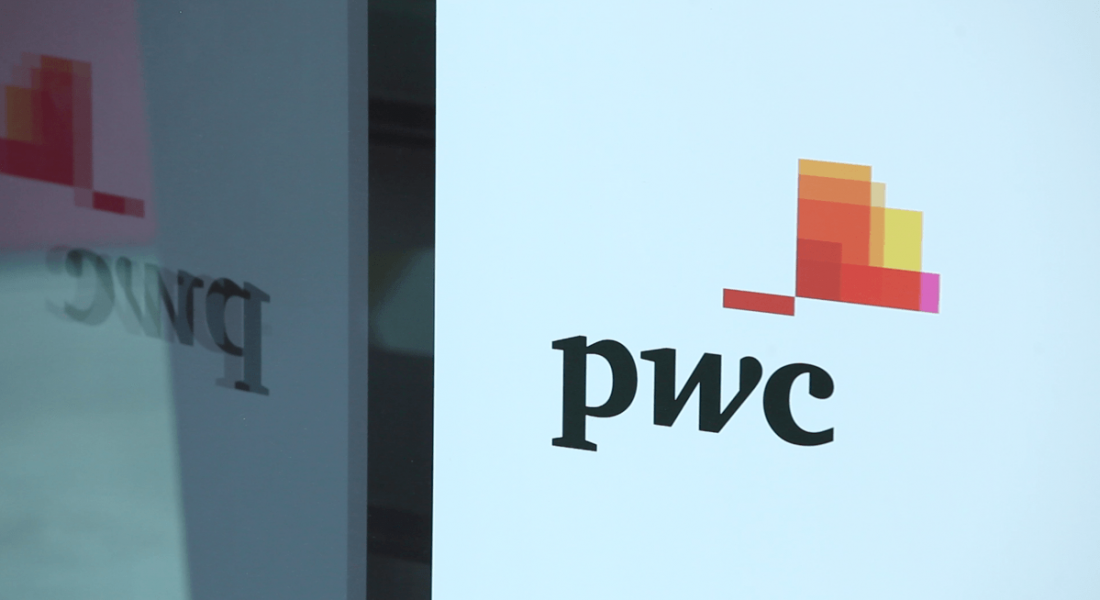Professional services firm PwC Ireland reveals data on gender pay gap.
PwC Ireland has reported a 5.7pc gender pay gap within the firm, becoming the first of the ‘Big Four’ professional services companies to voluntarily disclose such data.
The gap, the company points out, is lower than Ireland’s gender pay gap of 13.9pc as reported by Ibec.
Speaking at the announcement, people partner at PwC Ireland, Emma Scott, said: “We are a purpose-led and values-driven firm. We believe in transparency, and communicating our gender pay gap now is a natural next step for us on our diversity and inclusion journey.
“We understand from research and experience in other countries that sharing gender pay gap results can only have a positive impact over time.”
The company maintained in the report that the gender pay gap was not due to discrepancies in compensation for the same role, but could be chalked up to the fact that there are more men in senior roles within the business.
Feargal O’Rourke, managing partner at PwC Ireland, added: “At PwC we are committed to creating an inclusive workplace culture where everyone can reach their full potential … Through our actions we are confident that we can make a real difference and that we can close the gender pay gap over time.”
Ireland is currently in the process of putting a bill through Dáil Éireann that would compel certain companies to publish data related to the remuneration of their employees, broken down by gender in order to show whether there are differences in how people are paid.
This follows similar legislation put through in the UK, the first round of data from which was published last year. The UK legislation requires all large organisations – those with 250 employees or more – to publish and report specific gender pay gap figures.
The figures indicated that industries with unequal pay structures – such as finance, insurance, education, scientific and technical sectors – reported gender pay gaps. Meanwhile, sectors such as health and social care had smaller gaps, which analysts attributed at the time to their more evenly distributed pay structures.




